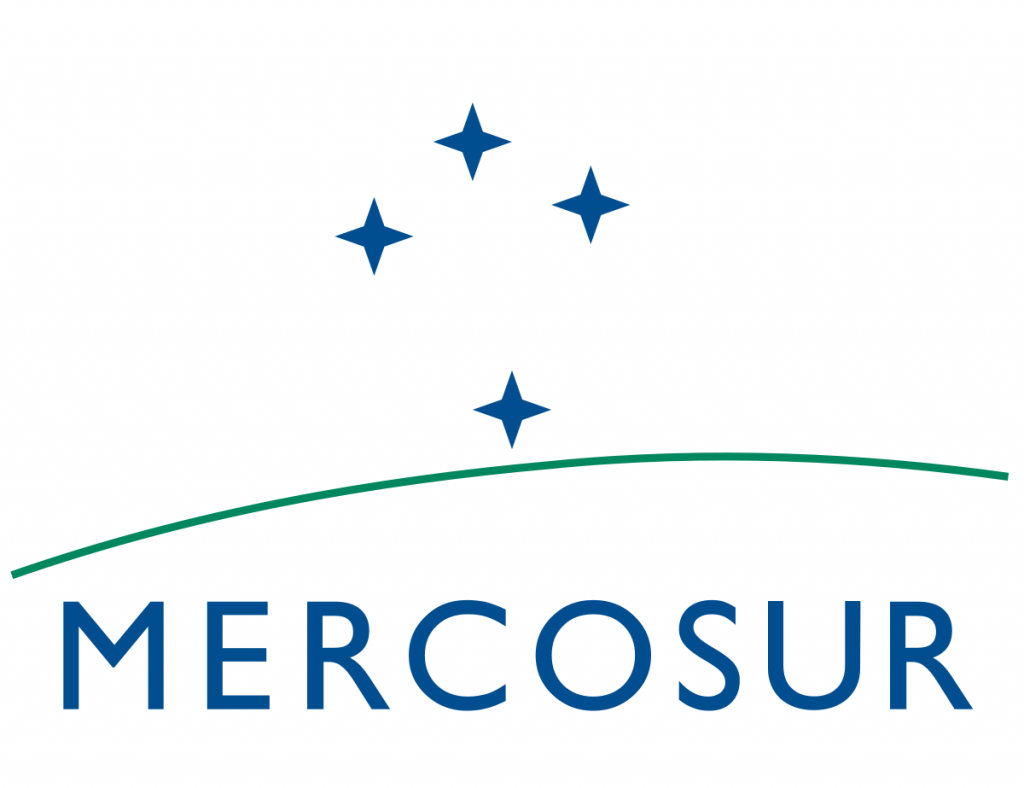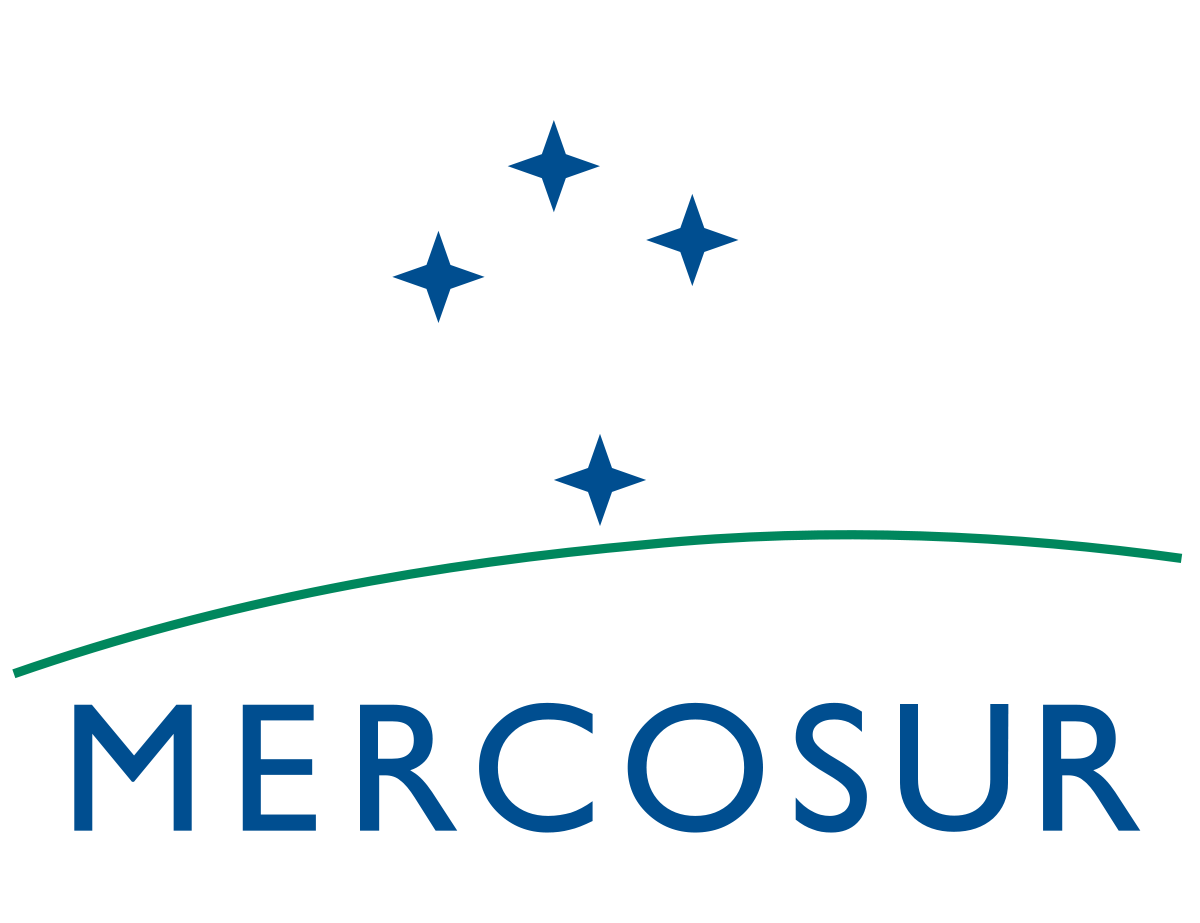An EU-Mercosur Free Trade Agreement on the horizon
Following protracted negotiations, the EU-Mercosur Free Trade Agreement is starting to make progress. This negotiation process dates back to 1999, but failed to reach an agreement leaving the process suspended until May 2010. Ten rounds of negotiations took place between 2010 and 2012 before negotiations were once again suspended. In May 2016, the EU and Mercosur exchanged offers for the first time since the talks were relaunched, and following a fifth round of negotiations in Brasilia (6-10 November 2017), the European Commission announced that there has been “substantial progress” in all areas with good prospects for an agreement at the sixth round of negotiations on December 4, 2017 in Brussels.
The main obstacles relate to access to markets for agricultural products and concerns about food safety. A bilateral agreement with Mercosur could have a dramatic impact on the EU’s agricultural sector as it would have to compete with the undoubtedly powerful force that Brazil has become in the global produce market. Argentina’s vegetable sector has grown significantly, too, though, like all Mercosur countries, it has low economic integration.
Mercosur is already the largest outside supplier of agricultural products to the EU (almost 20% of the total value). More than 67% of the animal feed products imported by the
EU come from Mercosur (mainly Brazil).




